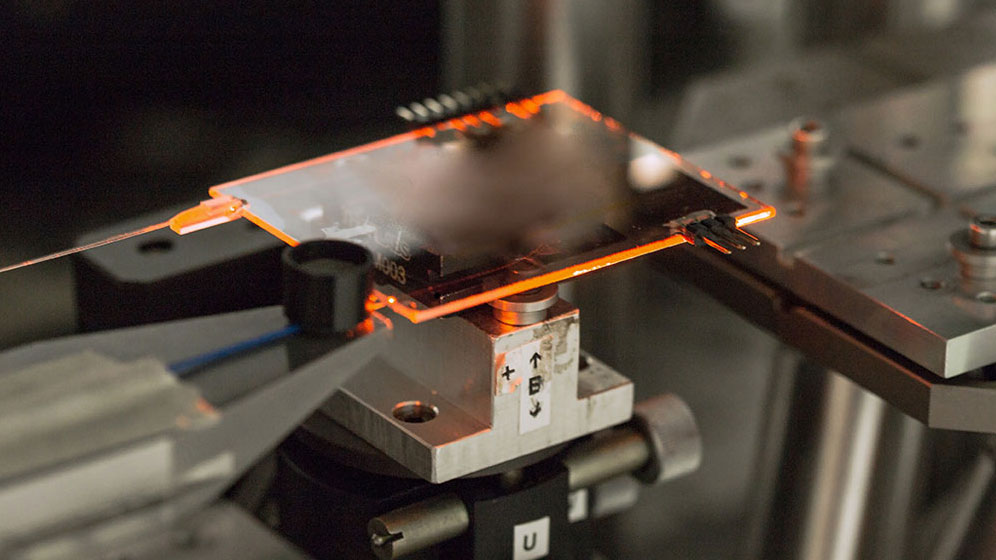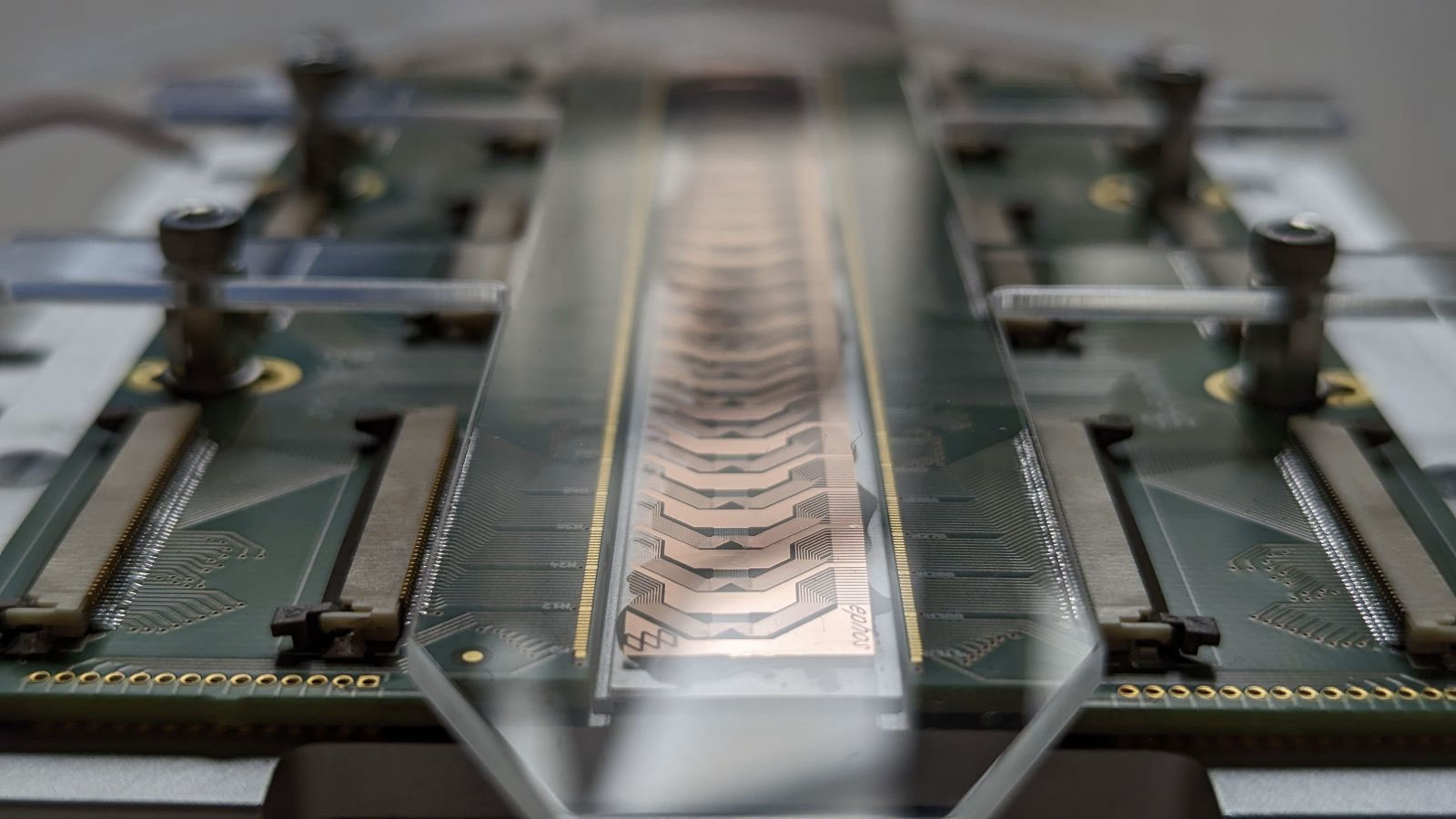The world’s first glass-based quantum photonic chip design and production facility opens in Milan
Ephos raises $8.5m to 'deliver glass-based photonic chips at scale.'

A self-proclaimed leading producer of glass-based photonic chips has raised $8.5 million to complete a significant expansion of its operations. Ephos says the new seed funding will accelerate the opening of “the world’s first facility for the design and production of glass-based quantum photonic chips.” The new state-of-the-art research and manufacturing facility is located in Milan, Italy, and its opening marks a significant milestone in Ephos’s growth.
U.S.-based Starlight Ventures led the seed funding round and was backed by several other venture capital luminaries and angel investors. Interestingly, the latest round of funding also included contributions from NATO and the European Innovation Council (EIC). Ephos was just one of 10 firms from 1,300 that applied for this accelerator program funding and was successful.
Congratulations on the funding and the opening of the new tech center in Milan. What makes Ephos and its technologies worth watching? Firstly, the firm seems to be following, or perhaps even leading, a trend where chip makers are moving from silicon-based to glass-based chip technologies—photonic chips.



Another possible strength investors see in Ephos is that it isn't just about theory and research. The new Milan facility is touted as one that "provides the capacity and resources necessary to scale its proprietary chip manufacturing technology." Moreover, the firm says its technology applies to high-performance advanced quantum computing, communications, and sensing devices.
As for Ethos' chip designs, the firm asserts that its processors "offer best-in-class performance for signal loss, one of the greatest hurdles to building a quantum computer." A lot of the touted attractive qualities of these chips are said to be due to the use of glass substrates, innovative 3D design, and backed by the newly established manufacturing facilities.
The move from traditional silicon-based technologies to glass and photonics is set to be transformational beyond quantum and AI, thinks Andrea Rocchetto, CEO and co-founder at Ephos. He reasoned that the technology can simultaneously address industry energy and performance concerns. A particular benefit of Ephos technology, highlighted by the CEO, is that it builds both processing and communications on glass, removing barriers that current solutions face.
We hear a lot about breakthroughs like this, and it remains to be seen if this company will challenge the current way of doing things in computing. However, it is off to a promising start and, pragmatically, has an eye on the defense sector. Nevertheless, Ethos is still a minnow in a glass technology pond, with firms like AMD, Intel, Samsung, and SK hynix currently making waves.
Get Tom's Hardware's best news and in-depth reviews, straight to your inbox.

Mark Tyson is a news editor at Tom's Hardware. He enjoys covering the full breadth of PC tech; from business and semiconductor design to products approaching the edge of reason.
-
t3t4 Oh yes please..... While this is likely decades away from viable CPU's matching current levels of performance, I am very much looking forward to the future of light based signaling and data transmission/commands. The elimination of electrical resistance is also the elimination of 212 degree chip temperatures! Light has no resistance, only TX/RX and transfer medium degradation over time. Many problems to sort through and solve, but it's gonna be soo good if/when we finally get there. Data at the speed of light, yes please!Reply -
Eximo Reply
Sooner than you think. Already talks of optical PCIe. Starting to reach the limit of high speed copper based data buses even over the short distances inside of a PC chassis.t3t4 said:Oh yes please..... While this is likely decades away from viable CPU's matching current levels of performance, I am very much looking forward to the future of light based signaling and data transmission/commands. The elimination of electrical resistance is also the elimination of 212 degree chip temperatures! Light has no resistance, only TX/RX and transfer medium degradation over time. Many problems to sort through and solve, but it's gonna be soo good if/when we finally get there. Data at the speed of light, yes please!
Photonic chips have long been a candidate for replacing traditional semiconductors, but that doesn't really involve the quantum part so much.